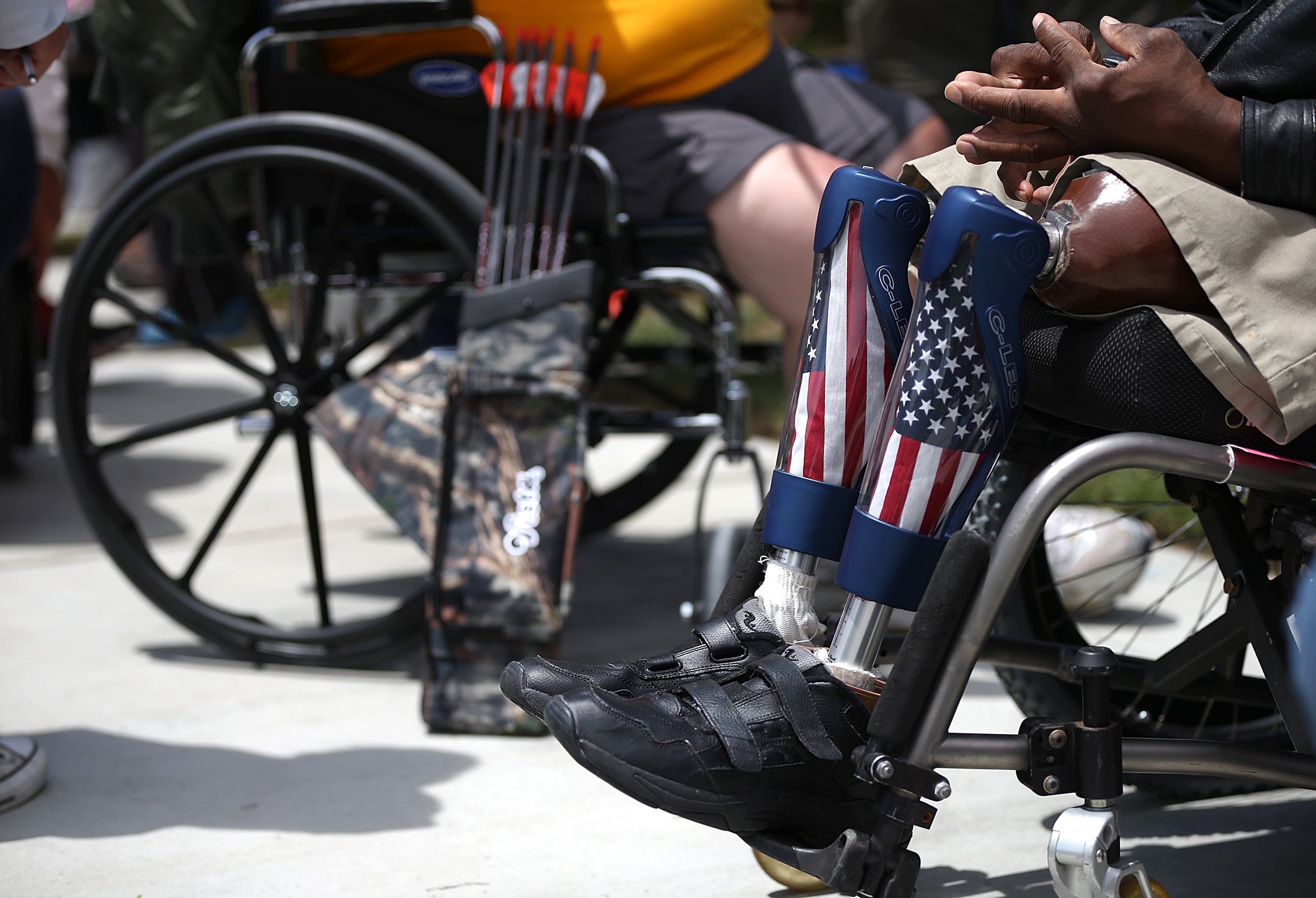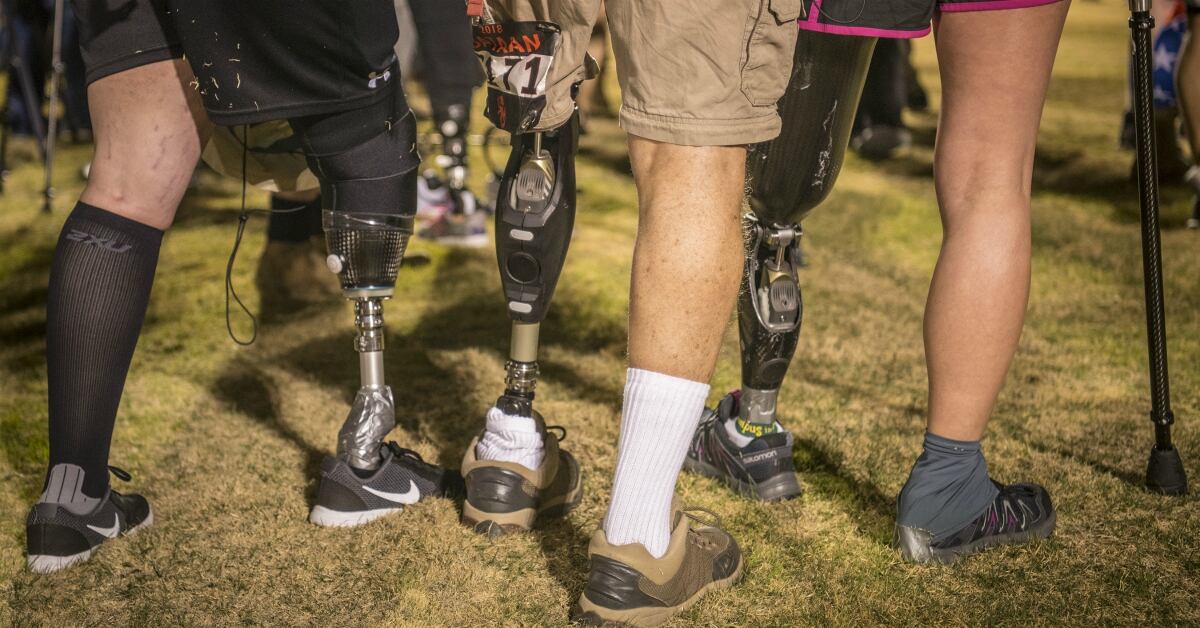Tens of thousands of wounded service members could see their disability payouts significantly boosted under a measure advanced by a key congressional committee on Wednesday.
The measure — known as the Major Richard Star Act — still faces a long legislative path ahead. But for veterans advocates who have been pushing for the reforms for years, Wednesday’s action represents a significant step forward in addressing what they say is an injustice for troops who have already sacrificed so much on behalf of their country.
The bill passed out of the House Armed Services Committee by a unanimous voice vote, despite concerns from some conservative lawmakers about the costs of the measure and the lack of budget offsets included in the legislation for now.
RELATED

Committee Chairman Mike Rogers, R-Ala., said he plans to “work with leadership and the Veterans Affairs committee to see if an offset can be found for this bill” in coming weeks. The Congressional Budget Office estimates that the plan will cost roughly $9.75 billion over the next 10 years.
But he backed moving the legislation ahead because under current rules, “veterans are unfairly forced to forfeit a portion of the benefits they rightly earned.”
Since 2004, veterans who have a disability rating of at least 50% have received their full military retirement pay and disability benefits, a combined total that can amount to several thousand dollars each month.
But veterans who have a disability rating of less than 50% are subject to dollar-for-dollar offsets under federal rules. That can mean a loss of several hundred dollars a month for some individuals who depend on those stipends to supplement their family income.
Officials from Wounded Warrior Project have estimated that as many as 50,000 medical retirees nationwide are hurt by the current policy. Most of those veterans were forced out of the service early by a significant injury and may have limited job options in the civilian business sector as a result.
The Richard Star Act — named for an Army veteran who died in 2021 of cancer related to burn pit exposure in Iraq and Afghanistan — would allow all combat-wounded veterans medically discharged before serving 20 years to receive both retirement and disability pay, without any reductions. Veterans must be eligible for Combat-Related Special Compensation to qualify.
While Wednesday’s action in the House committee was quick and straightforward, the next steps for the legislation are less clear. The Senate has introduced but not moved on the measure. The earliest that action could come on the bill in the House is July, but it will be competing for time with high-profile appropriations issues and the annual defense authorization bill.
Leo covers Congress, Veterans Affairs and the White House for Military Times. He has covered Washington, D.C. since 2004, focusing on military personnel and veterans policies. His work has earned numerous honors, including a 2009 Polk award, a 2010 National Headliner Award, the IAVA Leadership in Journalism award and the VFW News Media award.





